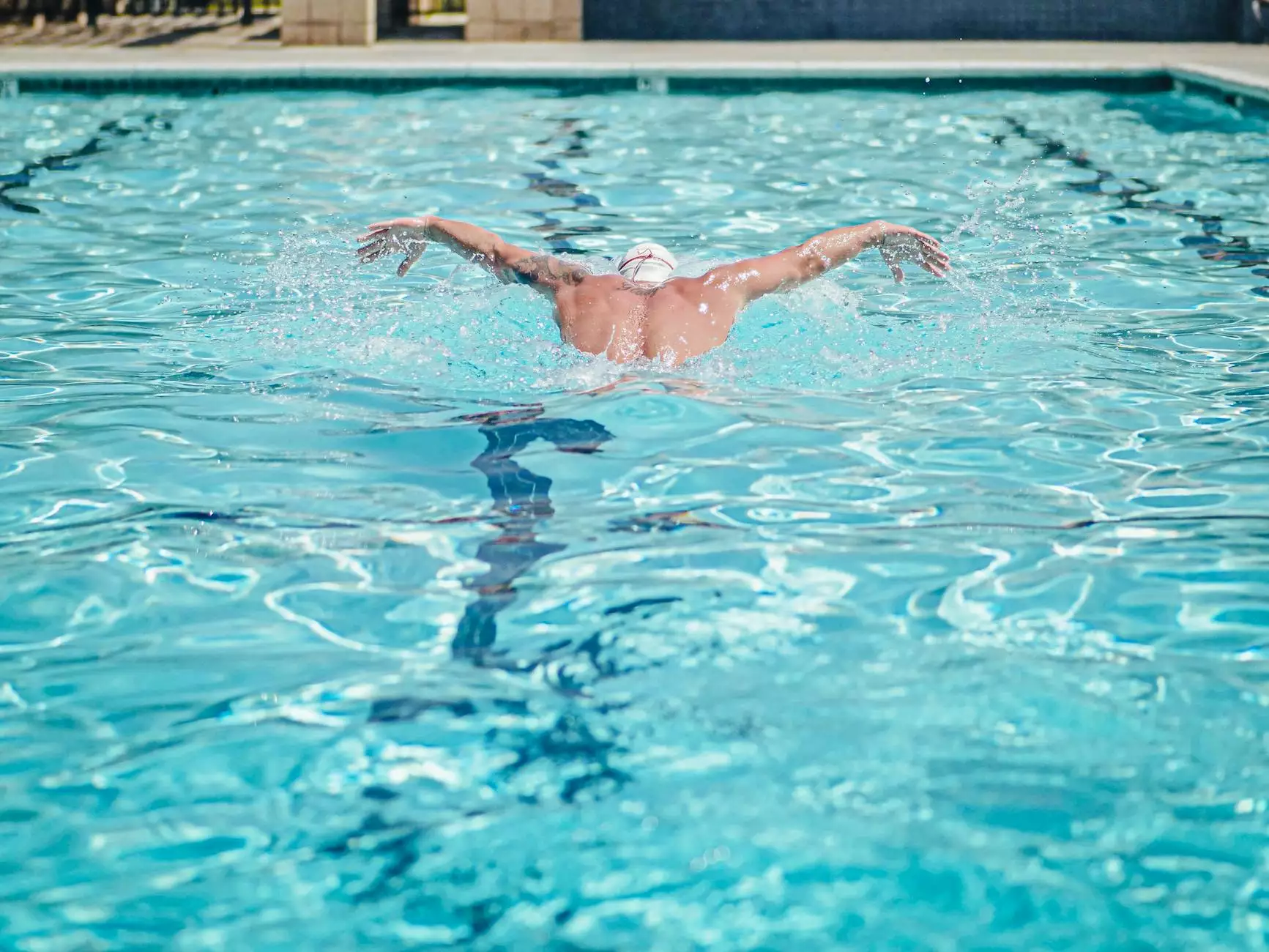The Ultimate Guide to Pool Plastering: Enhancing Your Swimming Pool

When it comes to maintaining a beautiful and functional swimming pool, pool plastering stands out as a critical element in both aesthetics and durability. This article will explore every facet of pool plastering, offering invaluable insights into why it is essential, how to choose the right type, and professional tips to ensure its longevity.
What is Pool Plastering?
Pool plastering refers to the process of applying a finishing layer over the surface of a swimming pool. This layer not only enhances the pool's appearance but also protects the underlying structure from wear and tear caused by water, chemicals, and environmental factors. Traditionally, plastering involves a mix of cement, sand, and water, which can be tinted or colored to provide stunning visual effects.
The Importance of Pool Plastering
Why is pool plastering important? Here are several reasons:
- Aesthetic Appeal: A freshly plastered pool can dramatically improve the overall look of your backyard.
- Durability: High-quality plaster protects the pool shell and extends its lifespan.
- Safety: A properly plastered surface provides slip resistance.
- Water Retention: Smooth plaster minimizes water loss through evaporation and cracks.
Types of Pool Plaster
There are several types of pool plaster finishes available on the market. Understanding the differences can help you make an informed decision:
1. Traditional White Plaster
This classic choice consists of a mix of cement and marble dust, offering a clean, white finish. Although it is the most economical option, it might not be as durable or vibrant as other modern finishes.
2. Colored Plaster
Colored plaster includes dyes that provide a range of shades, from soft blues to vibrant greens. This option allows homeowners to customize their pool’s appearance.
3. Pebble Finish
Pebble finishes contain small stones mixed in the plaster, resulting in a textured surface that is both attractive and robust. This finish is more resistant to chemicals and can help minimize algae growth, promoting cleaner water.
4. Quartz Plaster
Combining performance with aesthetics, quartz plaster is made with crushed quartz crystals that offer a beautiful, sparkly appearance. This type is known for its durability and longevity.
Choosing the Right Pool Plaster
When selecting the appropriate plaster for your pool, consider the following factors:
- Budget: Determine how much you are willing to spend.
- Aesthetic Preferences: Choose a color and finish that complements your backyard.
- Longevity: Evaluate how long you expect the finish to last.
- Regional Climate: Some finishes perform better in specific climates.
Signs It's Time for Pool Plastering
How do you know when it’s time to replaster your swimming pool? Look for the following signs:
- Rough Texture: If the surface feels abrasive or scratchy, it may need replacement.
- Fading Color: Discoloration can indicate wear.
- Cracking: Visible cracks can lead to leaks and should be addressed promptly.
- Algae Growth: If algae accumulates despite proper sanitation, it may be a sign the plaster is worn out.
Preparing for Pool Plastering
Proper preparation is crucial for a successful plastering project. Here’s what to do:
- Drain the Pool: Thoroughly drain your pool to allow access to the surfaces.
- Clean the Surface: Remove any debris, algae, and old plaster materials to ensure a good bond.
- Make Necessary Repairs: Fill in any significant cracks or damages before applying the plaster.
- Consult a Professional: If unsure, seek expert advice on proper techniques and materials.
The Plastering Process
Understanding the process of pool plastering can help you appreciate the work involved:
1. Mixing the Plaster
The plaster mix should be prepared according to the manufacturer's recommendations to ensure consistency and durability. This stage involves blending the right ratio of cement, aggregate, and water.
2. Application
Using a trowel, the plaster is applied evenly over the pool surface. It is essential to work quickly, as plaster sets rapidly. Professional plasterers often use special techniques to ensure a smooth, even finish.
3. Curing
Once applied, plaster requires curing to strengthen. This involves keeping the surface moist for several days to prevent cracks and allow it to bond correctly.
Maintaining Your Pool Plaster
After you have invested in pool plastering, maintaining it is essential to preserve its beauty and functionality:
- Regular Cleaning: Brush the pool surfaces frequently to prevent algae growth.
- Monitor pH Levels: Keep chemical levels balanced to prevent etching and discoloration.
- Avoid Harsh Chemicals: Use pool-safe cleaning agents to preserve the plaster.
- Scheduling Inspections: Regularly check for signs of wear or damage.
Professional vs. DIY Pool Plastering
While some homeowners may consider taking on the plastering themselves, hiring a professional is often the best choice. Here are reasons to consider professional installation:
- Expertise: Professionals have the training and experience to ensure high-quality application.
- Time-Efficiency: Plastering is a labor-intensive job that can take a significant amount of time to complete.
- Proper Tools: Professionals have access to high-end tools and materials that can improve the outcome.
- Guaranteed Work: Many professional plasterers offer warranties on their services, offering peace of mind.
Conclusion
Pool plastering is more than just a cosmetic enhancement; it is essential for the longevity and safety of your swimming pool. Whether you opt for traditional white plaster, a colored finish, or a durable pebble mix, investing in quality plastering will yield benefits for years to come. By understanding the process, knowing when to replaster, and keeping up with maintenance, you can enjoy a beautifully finished pool that remains a crown jewel in your backyard landscape.
For more information about pool plastering or to find expert professionals to assist with your swimming pool needs, visit poolrenovation.com.









